Oversupply in China due to sluggish domestic demand has pushed Chinese steelmakers to flood global markets, affecting South Korean companies such as Hyundai Steel, Posco, and Dongkuk Steel.
Chinese steel costs an average of USD 863 per ton, while South Korean steel is priced at USD 2,570 per ton, putting local producers at a significant disadvantage. This pricing difference and a slowdown in South Korea’s domestic construction sector have severely impacted profitability. Hyundai Steel reported a 78.9% drop in operating profit in the second quarter of 2024, Posco’s steel division saw a 50.3% drop and Dongkuk Steel saw a 23% drop.
Trade experts argue that South Korean companies need to differentiate their products in terms of quality to compete with their Chinese rivals. However, confidence is waning among manufacturers. The KCCI survey observed that only 26.2% of South Korean companies believe they have maintained a consistent technological and quality advantage over their Chinese competitors over the past five years. Furthermore, 73.3% of companies that currently have a technological advantage fear falling behind Chinese companies in the next five years.
In response to the current situation, South Korean companies are increasingly turning to legal measures, increasing anti-dumping and patent infringement complaints against their Chinese competitors. The South Korean government reported that anti-dumping lawsuits filed against China have reached the highest number since 2002.
As the global steel market continues to be under pressure, South Korean manufacturers are calling on the government to ensure fair competition and economic security. Experts believe that stronger measures are needed to protect the South Korean steel industry from intense competition from China.


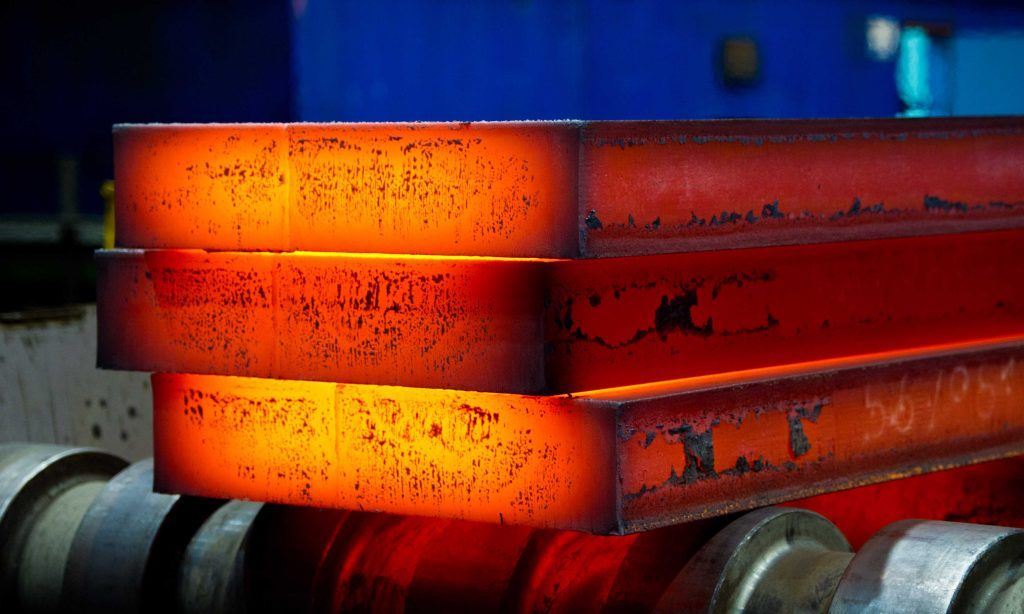
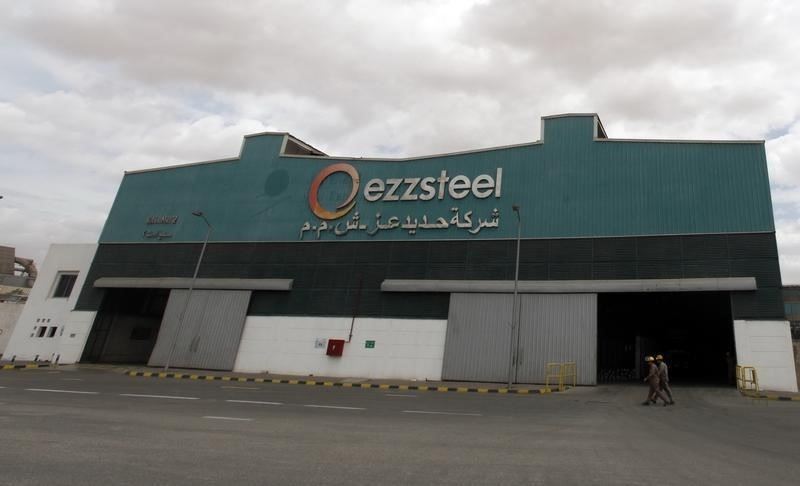
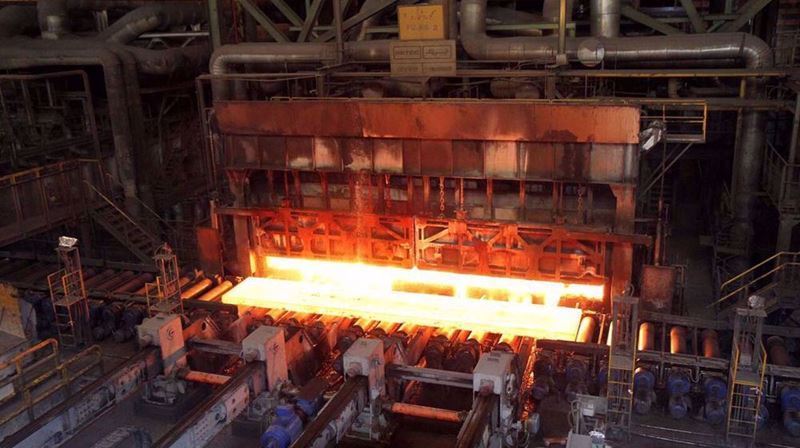
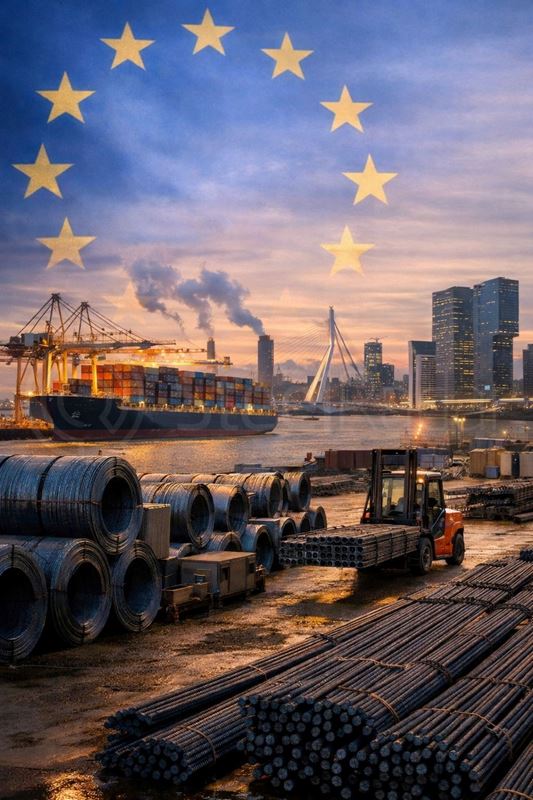
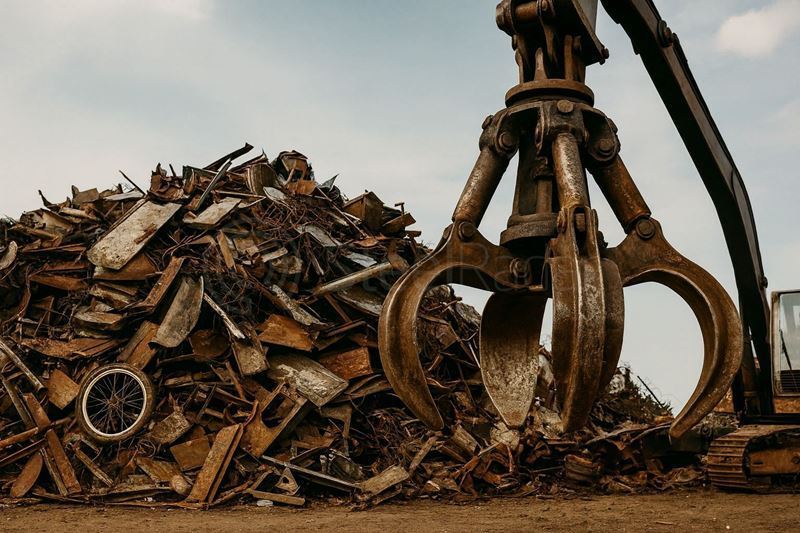
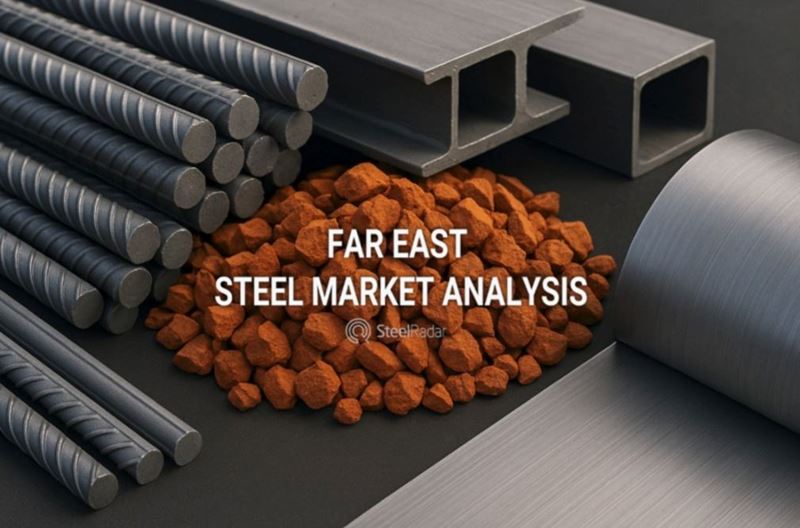

Comments
No comment yet.